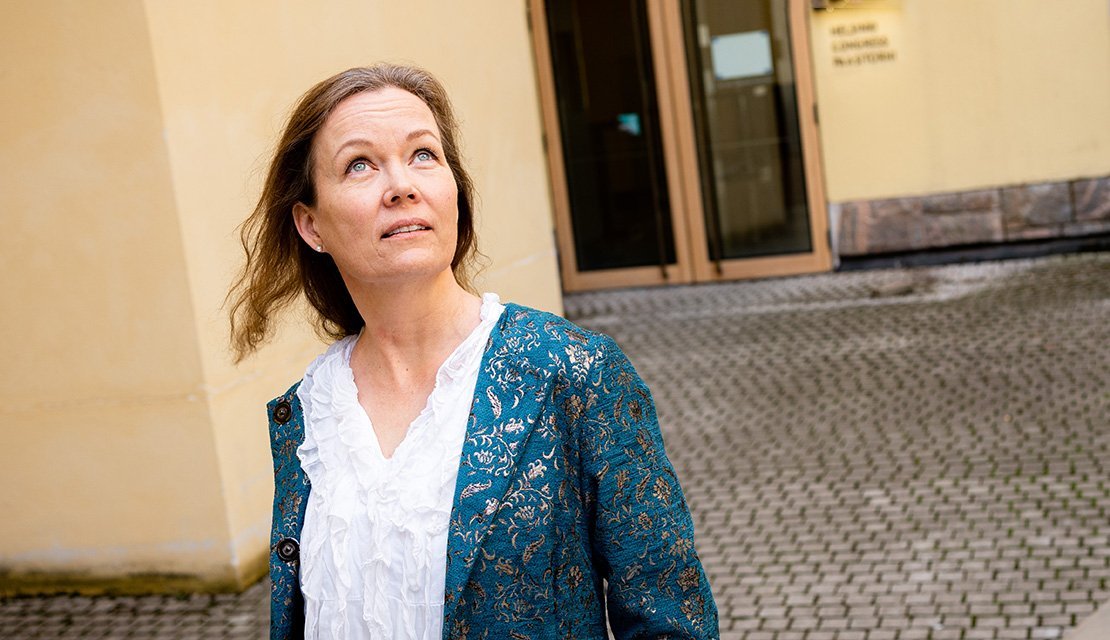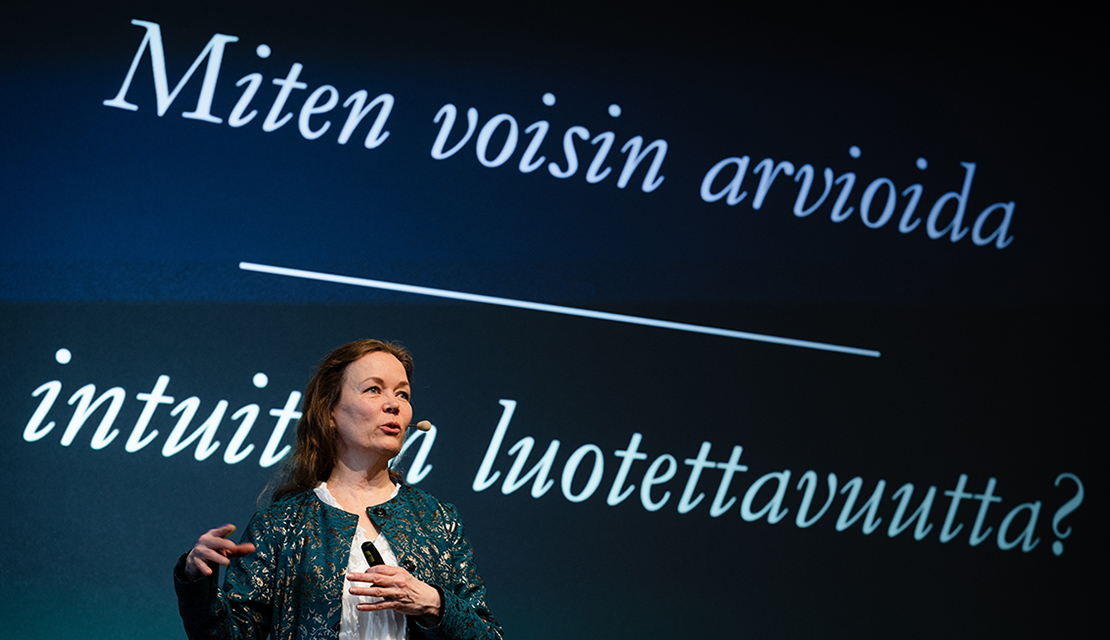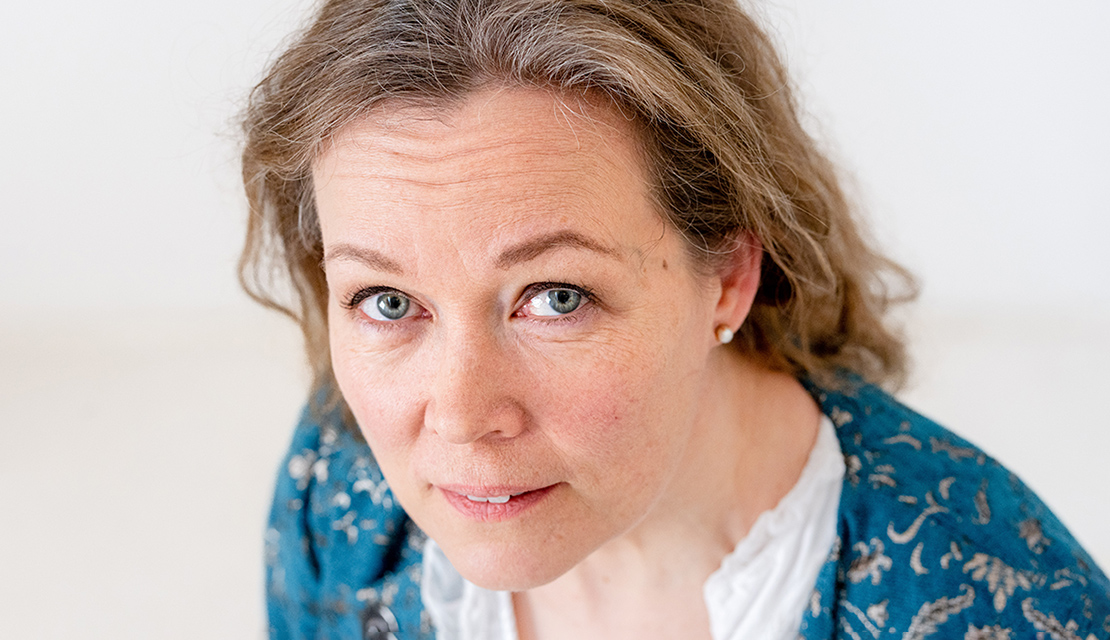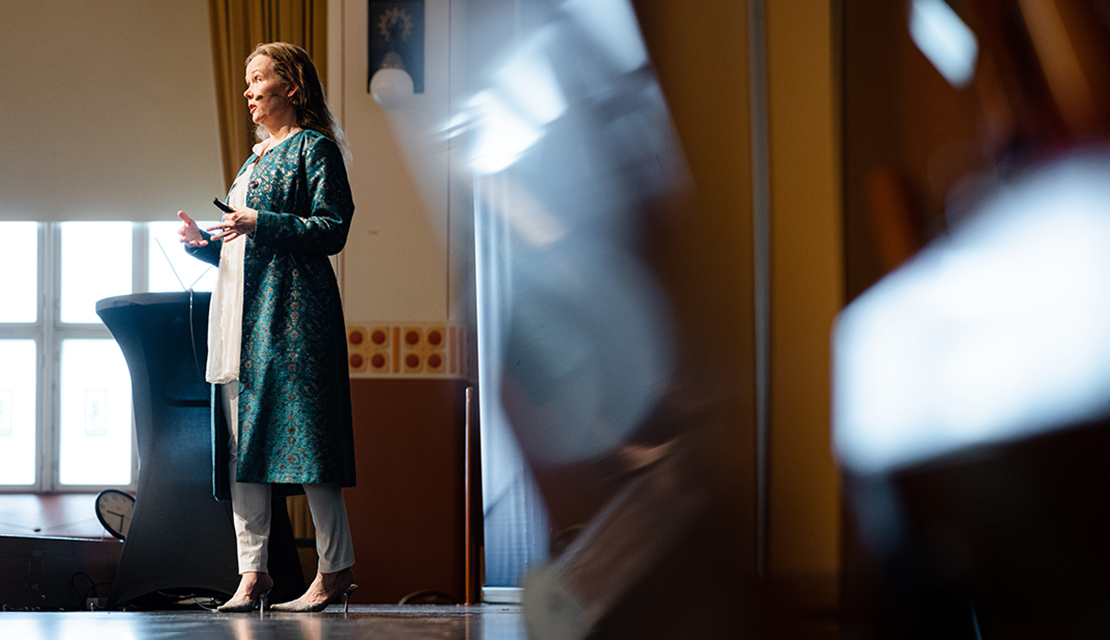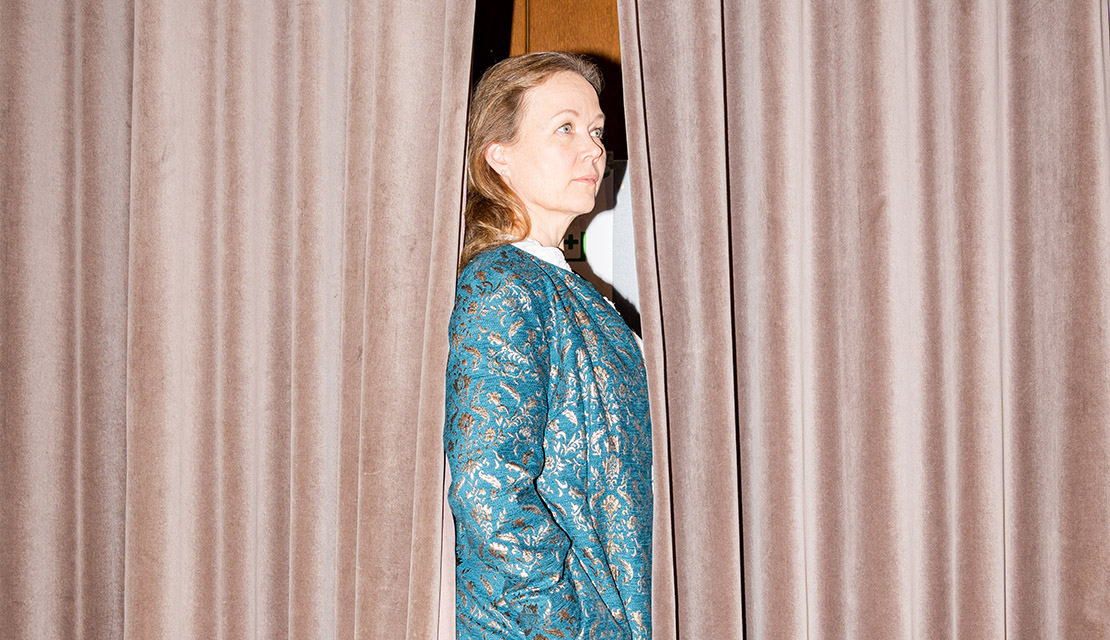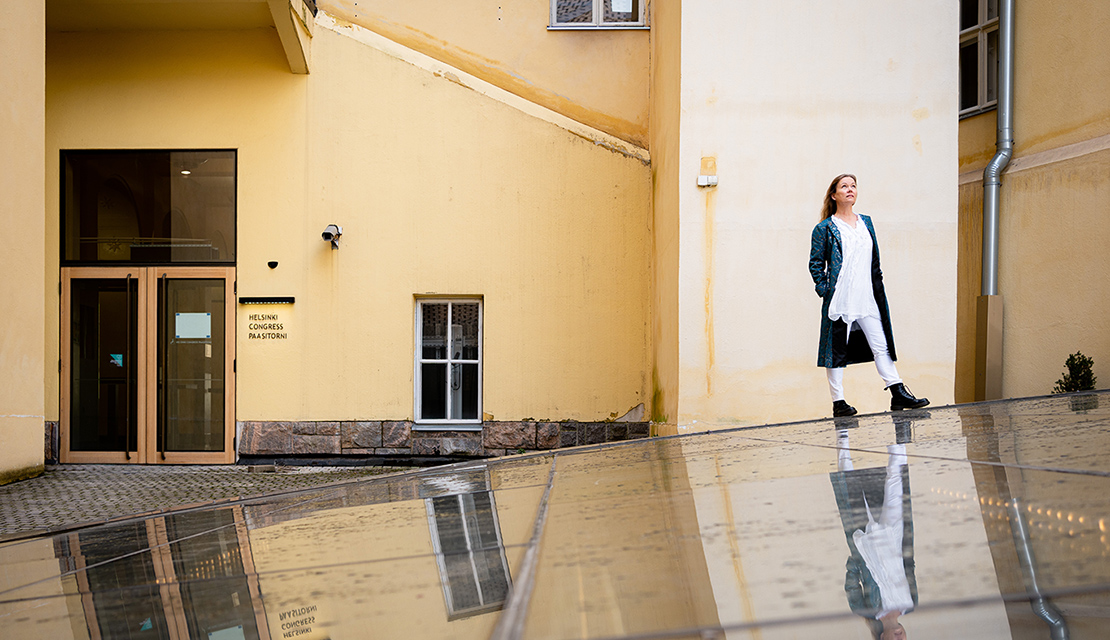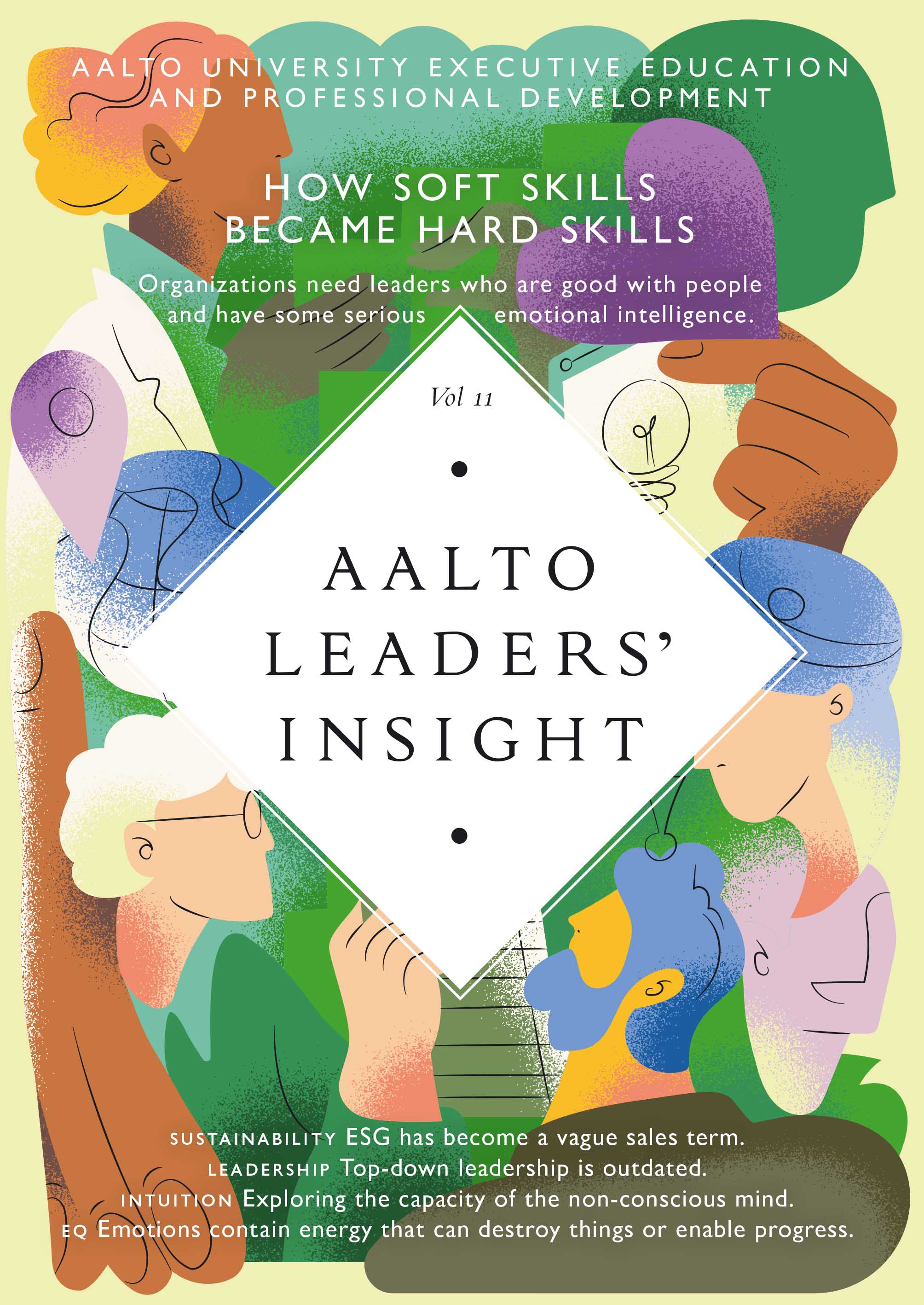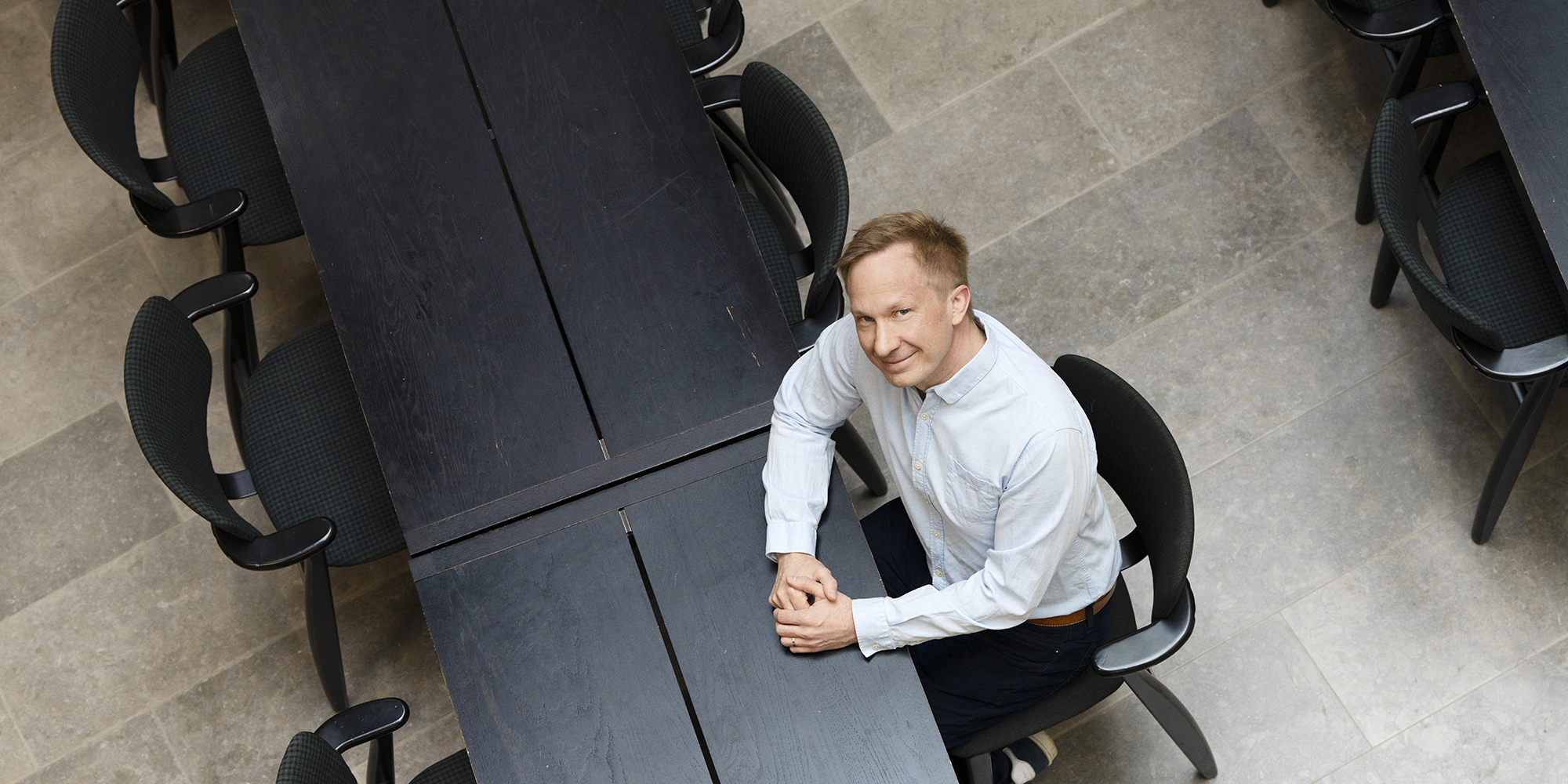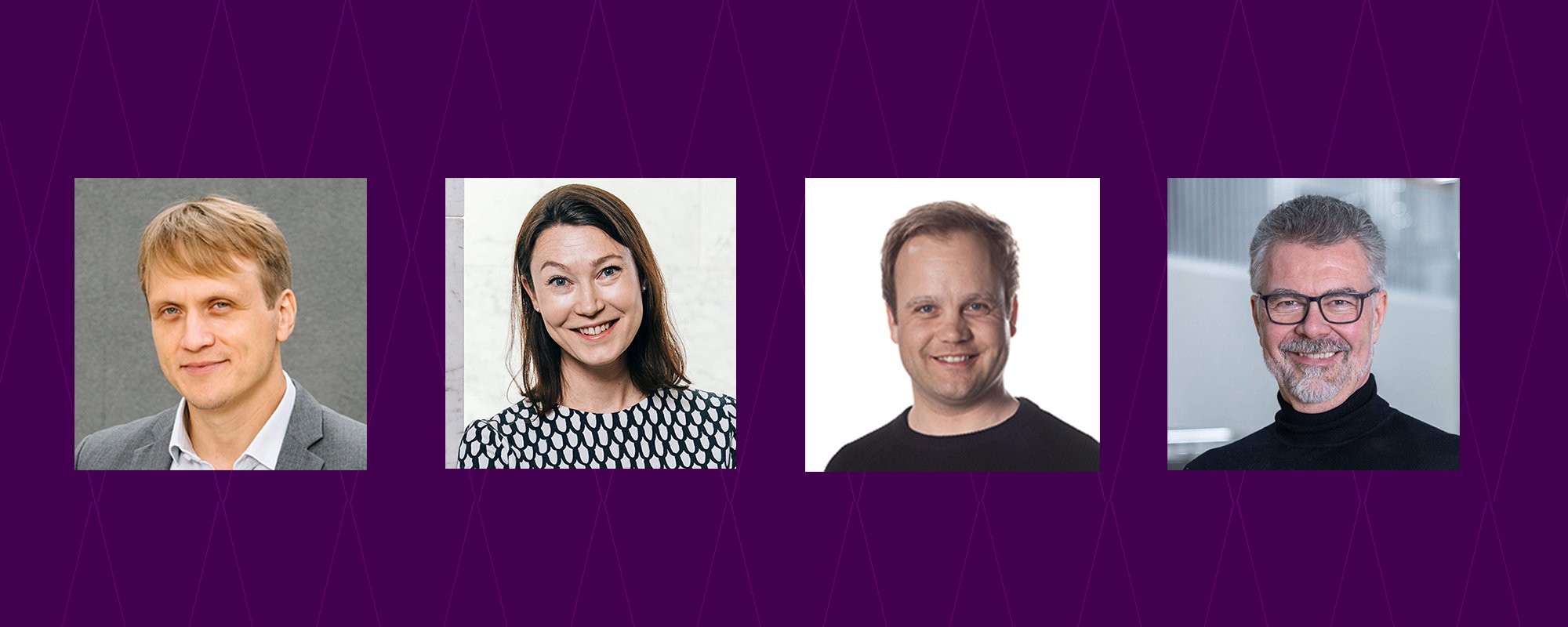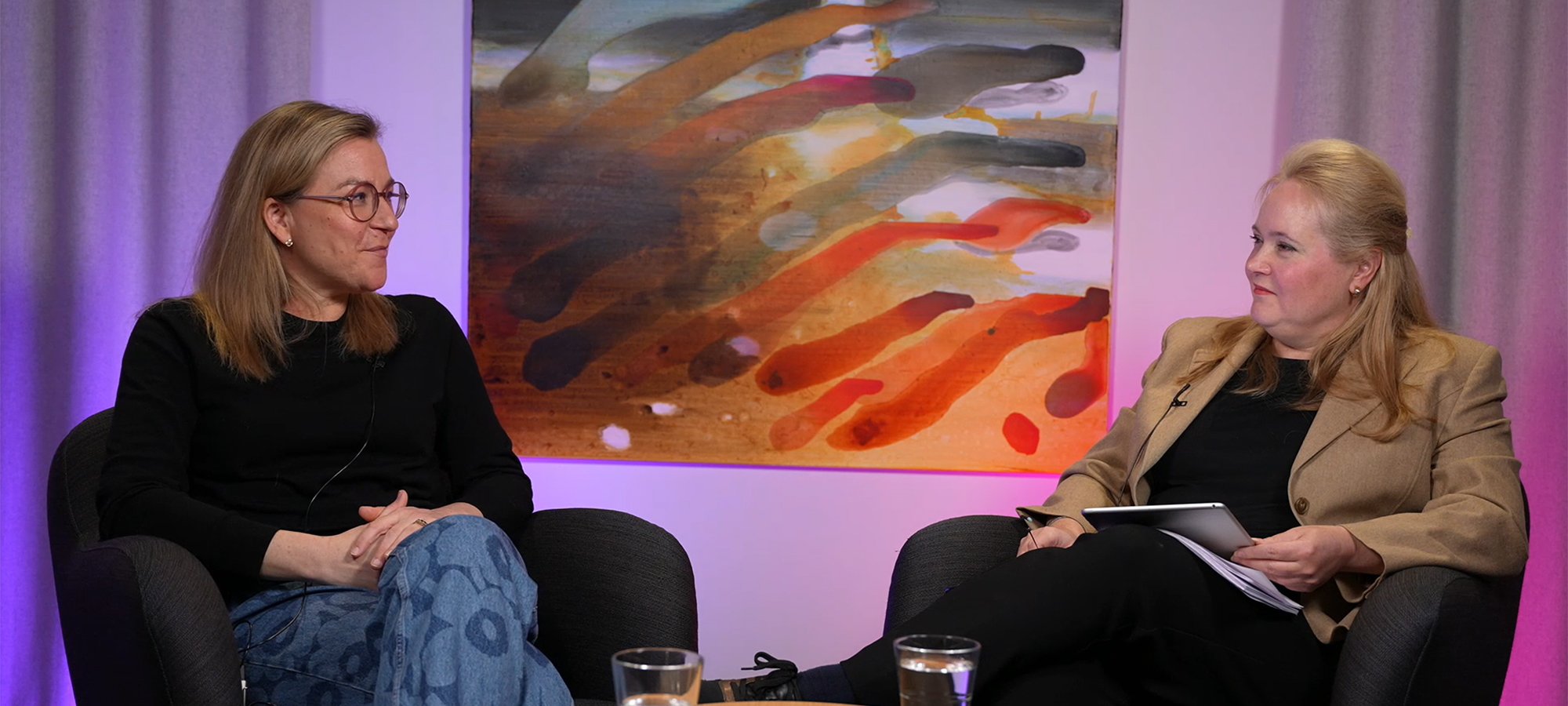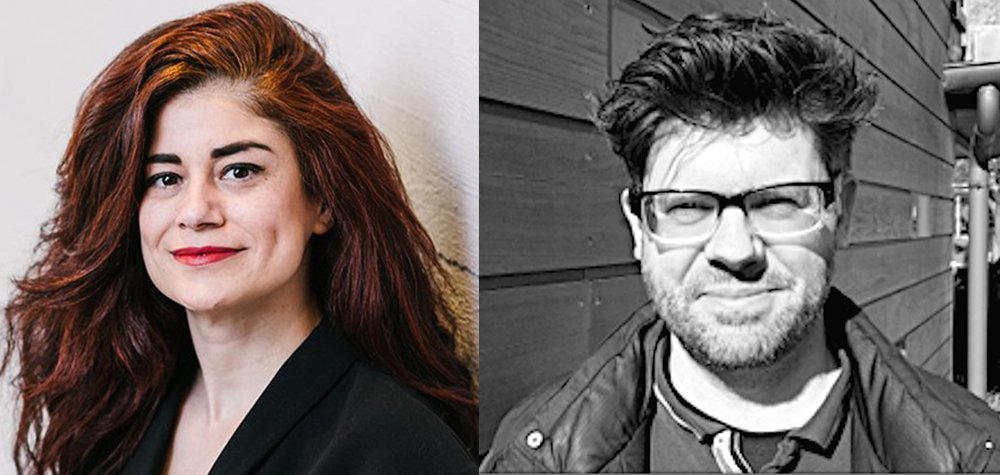If you establish one of the most productive companies in the world, it's clear that both your contemporaries and future generations will do their utmost to unlock the secret of your company's success.
This was also the case for Apple founder and former CEO Steve Jobs (1955-2011). What kind of thinking led Apple, under Jobs, to develop such a succession of hit products: iMac, iPod, iPod nano, iTunes Store, Apple Stores, MacBook, iPhone, iPad, App Store, OS X Lion––topped by a heap of Pixar movies?
Walter Isaacson, author of the Steve Jobs biography, is one of the interpreters of Steve Jobs’ success. The book quickly became a bestseller around the world after Jobs' death in 2011. Isaacson also reflected on Jobs' genius in his articles for The New York Times and Harvard Business Review.
Intuition is a very powerful thing—more powerful than intellect."
"So, was Mr Jobs smart? Not conventionally. Instead, he was a genius. His imaginative leaps were instinctive, unexpected, and, at times, magical. They were sparked by intuition, not analytical rigor. Trained in Zen Buddhism, Mr. Jobs came to value experiential wisdom over empirical analysis. He didn’t study data or crunch numbers, but like a pathfinder, he could sniff the winds and sense what lay ahead.” (New York Times, Oct 29 2,011)
“When Jobs took his original Macintosh team on its first retreat, one member asked whether they should do some market research to see what customers wanted. “No,” Jobs replied, “because customers don’t know what they want until we’ve shown them.” He invoked Henry Ford’s line: “If I’d asked customers what they wanted, they would have told me, ‘A faster horse!’ (HBR, Apr 2012).
An interesting word repeatedly comes up in descriptions of Steve Jobs' characteristics: intuition. Instead of market research, number crunching, and figuring out consumer preferences, Jobs emphasized the role of intuition in creating something new. He is said to have used a one-man focus group for product development, the name of which was the same, over and over again: Steve Jobs.
Jobs' eventful life included a period studying Buddhism in India. According to Isaacson, Jobs’ emphasis on intuition dates back to those days.
“Intuition is a very powerful thing—more powerful than intellect, in my opinion,” Jobs himself said.
Today, iPhone users can think of their phone as a testament to what an intuitive mind can create. It wasn’t born from logic, analytics, or reasoning but from someone perceiving something new, something unprecedented.
|
|
| Doctor of Arts Asta Raami defended her PhD on the use and development of intuition at Aalto University in 2015. |
Intuition is not limited by the boundaries of logic
As a leader, Steve Jobs wasn’t exactly exemplary. His short temper and unpredictability made him a difficult colleague and family member. A visionary and a prick, all in one package. Much has been written about Jobs' tyrannical character, so let's not go there. But if we want to understand his visionary essence, it's worth looking at intuition.
Let's start at the very beginning.
Asta Raami is a Doctor of Arts who defended her PhD on the use and development of intuition at Aalto University in 2015. But what exactly is intuition?
Intuition is a horrible word, misleading and misunderstood.”
Raami sighs and starts by saying that she doesn't really like the word at all. In her opinion, it carries a quirky image. "Intuition is a horrible word, misleading and misunderstood," says Raami. Today, in addition to being a researcher, she is also a trainer and a writer, her topic being none other than intuition. So, for want of a better word, let's talk about “intuition”.
The current understanding of human thinking is that it has two systems: conscious reasoning and non-conscious or intuitive reasoning. These work together, regardless of whether or not a person thinks they use them. The conscious system isn’t the opposite of the non-conscious one—it’s not, for example, a case of reason vs. emotion. Different disciplines approach intuition from different angles. Intuition is an umbrella term: It covers all the functions of the non-conscious mind.
Raami describes human thinking using the metaphor of an iceberg floating in the sea.
Above the surface, visible, is the tip of the iceberg, the conscious mind. Under the water is everything else, the non-conscious mind. This invisible part, intuition, is huge in comparison to the conscious mind.
The thinker who consciously uses intuition knows that the iceberg continues under the water and has developed skills to see into the water, into the non-conscious mind.
To understand the meaning of intuition, we need to understand that the capacity of the conscious mind is quite limited.
To understand the meaning of intuition, we need to understand that the capacity of the conscious mind is quite limited. It can only process a few units of information at a time. It's absolutely no match for a computer, for example. The non-conscious mind, on the other hand, is enormous: it’s able to create something unprecedented precisely because it’s not limited to logical, slow reasoning.
According to Raami, now is the time to stop and think about intuition when humanity is facing existential problems. What if, in this era of environmental crises and artificial intelligence, we could think in a completely new way? This "completely new" doesn’t mean inventing a new wind turbine or geothermal system—we’ll see enough of those—but something that we can’t even imagine.
This is what the great geniuses of the world have done. This has given us the iPhone, the first car, the airplane, the electric light bulb, and it has overturned old, established certainties. It has required much more than the obligatory idea workshops and "thinking outside the box" that we’re used to on workplace strategy days.
|
|
| Raami teaches intuition to, for example, teachers, entrepreneurs, and experts in senior positions. "My best fans are engineers. They value logical thinking and haven't necessarily ever thought about intuition, and what I say resonates with them." |
Raami uses another metaphor: Logic runs along a path. At forks in the path, we decide which would be the wisest route to take. Intuition, in turn, runs along its own path entirely. Or maybe it decides to fly, not caring about paths or forks or the fact that neither machines nor people can fly.
According to Raami, the role of intuition is at its strongest when the decisions to be made are complex and involve either too much or too little information. "The conscious mind simply can’t combine enough information to come up with a solution to the problem at hand,” she explains.
Raami believes that using intuition doesn’t necessarily require a specific toolkit or instructions. It’s more useful to understand the nature of intuition and to surrender, as it were, to its possibilities. Raami talks about "tuning into intuition" and "opening the door to your own mind" in much the same way that, for example, writers or composers talk about how, during a walk, for example, a problem in the creative process is solved as if by itself, because they have let it go. When given the chance, the mind creates new things and sorts things out itself.
If intuition isn’t explored, it works from behind a curtain.
Raami stresses that intuition should be used as an aid to reasoning and expertise, alongside them. In rapidly changing situations, uncertain operating environments, and complex problems, solutions are rarely found using logic alone, as reasoning can only take us as far as the known facts can reach.
Raami tells us about a colleague who began exploring the workings of the mind as an "intuition skeptic", and who, after their scientific research, perceived that using intuition was a rational practice.
If intuition isn’t explored, it works from behind a curtain.
Can the future be built by looking at history?
Remember the iceberg and the path that Raami used to describe the nature of intuition earlier in this text? Well, it's time for the next metaphor—now we’re introduced to a car’s rear-view mirror and windscreen.
If we want to solve problems by relying on and analyzing only existing data, we look into the rear-view mirror and try to make assumptions about the future based on the past. This is unlikely to produce miraculous or radical solutions," says Raami. The intelligent use of intuition involves consciously trying to clean the windscreen and seeing what is ahead.
Isn’t this how Steve Jobs was described earlier? “He didn’t study data or crunch numbers, but like a pathfinder, he could sniff the winds and sense what lay ahead.”
According to Raami, when we seek something new, we must be aware of the limitations of logical reasoning. To invent something completely new, it’s not enough to combine and analyze existing data, i.e., what we see in the rear-view mirror—and as we know, machines can do this more efficiently than humans anyway.
Does an intuitive mindset challenge the scientific method?
"No, absolutely not!" Raami exclaims. "It's about not letting narrow thinking lock things out of the circle in which science happens."
She reminds us that it’s not uncommon for contemporaries to question the working methods and discoveries of geniuses who make scientific breakthroughs. Those who break boundaries are often only appreciated afterward.
"The scientific method involves wondering, and that's precisely what using intuition is all about—looking for something new where you never even thought to look."
|
|
| In the spring of 2023, Asta Raami gave the keynote speech at the Finnish Union of Practical Nurses (SuPer) training day in Paasitorni, Helsinki. The topic was intelligent intuition in care work. |
Data also has its own Achilles' heel
Bozoma Saint John was the global Chief Marketing Officer at Netflix until 2022. In her 2021 TedTalk, she talks about her work, which requires her to decide daily whether or not Netflix should invest in a few ten-second commercials. Will this snippet make the audience cry or laugh, or will it scare them?
Of course, this can be measured and analyzed using different target groups or versions of the ads. How much does each group engage in each ad? After how many seconds does most of the audience stop watching? Who will be wiping their eyes at the end? Did the audience find the ad inspiring, dynamic, uninteresting, or perhaps completely pointless? Answer the short survey and enter the prize draw!
Prior to joining Netflix, Saint John served as head of global consumer marketing at Apple Music and iTunes, chief brand officer at Uber, and CMO at Endeavor. Such companies are thought to be particularly data-driven. Why do we need humans when a machine knows where to drive, what to listen to, and in what order to do so? Machines will be driving cars and making music soon anyway, won't they?
Intuition takes you from practical to magical."
Saint John, nevertheless, emphasizes the importance of intuition—what else?—in decision-making.
Intuition takes you from practical to magical, she says. This isn’t a particularly revolutionary statement for a creative worker, but in business, the emphasis on intuition has now climbed up and is next to data: It hasn’t passed it, but it’s back in the heart of the matter.
It wasn't long ago that data and analytics were supposed to be the solution to almost everything. The glorification of Big Data was followed by the realization that data is often messy, difficult to compare, and can’t find things that don't exist. Relying heavily on data has also been shattered by the realization that, in the end, it’s the human being who, based on their own values, decides what is measured and how. Data isn’t neutral, let alone clean.
Back in 2013, Fortune magazine published an article entitled: Why Big Data will never beat business intuition. It claimed that Big Data makes us smarter but not wiser. The author of the article, Tim Leberecht, summarized his message as follows: Big Data might well be "the new oil," but I would caution us not to worship it as the new religion.
A similar debate on the relationship between humans and artificial intelligence is underway today. Both are needed, but which is the leader, and who decides on this?
Bozoma Saint John says in her TedTalk that she is not "totally against data", but claims that data is used because it looks real: “Data is the pill that we take to calm our insecurity.”
Data is the pill that we take to calm our insecurity."
This can be seen when we make a decision, for example, and then dig up suitable facts to support it. We can find figures to support almost any choice. But when we emphasize intuition, we’re also taking responsibility: I made this decision, not the faceless "data".
Intuition as the driving force behind creativity
Asta Raami became interested in intuition as part of the creative process in the early 90s. She taught Coaching Creativity courses at Aalto University School of Arts, Design and Architecture and wondered why the most talented students, in particular, struggled so much with the creative process.
She identified one of the difficulties as not a lack of proper words or concepts for the activities of the creative mind. Some felt embarrassed to talk about intuition—it labels a person as weird, which can bother a creative worker.
And what we can't talk about causes pain.
But we can certainly talk to Raami about intuition. Inventors and specialists in various fields tell her, for example, in interviews for her books, that they obtain knowledge in many ways: as visions, flashes, sounds, physical sensations, thought patterns, eureka moments, or as a need to stop and examine some tiny detail, and so on.
In the summer of 2021, Raami held an intuition course via Zoom for professionals in creative fields. One of the students, who had worked in music, theater, and the performing arts for 30 years, said that when they played or practiced, they felt they were in a trance, so intensely present in the moment that afterward, they couldn't remember anything. This is by no means an unusual situation in creative work. We knowledge workers are also familiar with “flow”.
But what was interesting was what this artist claimed to have realized on the intuition course: Their thinking was like a big tree. In their own words:
"Inside my mind is a big oak tree with compartments. These compartments are furnished tree-houses, and when I go inside them, all the knowledge is there. When I come out of them, I don't remember the bigger picture—the treehouses are like bubbles. But I know that when I go back in, all the knowledge will still be there. I can move from house to house and get what I need."
Other people interviewed by Raami have also described intuition as the upstairs of the mind. They visualize the mind as having storeys and visit the one above if they so wish. Nobel laureates' stories of ground-breaking inventions also repeat descriptions of the conscious use of intuition.
For example, Barbara McClintock, who studied the genetics of maize—and whose discoveries were doubted by her contemporaries—stressed that when faced with an insurmountable problem, we should shift to working with our minds rather than on the problem itself. McClintock discovered “jumping genes” while studying maize. Her discovery was initially hard to believe because genes were thought to be fixed to chromosomes. McClintock said that looking at chromosomes through a microscope was like diving into them and looking at them from the inside. Sound crazy? Well, McClintock did call herself a mystic.
Later, however, she came to be known as a Nobelist.
|
|
| According to Raami, psychological safety is also key to the intelligent use of intuition. If we have to be ashamed of our ways of knowing, a large part of the group's capacity is left unused. |
Although it’s often natural scientists like McClintock who talk about intuition, the concept is probably easier to associate with creativity and art. Because surely art isn’t created by reasoning?
A movie director might tell us that they see the structure of a movie in their mind as clear episodes. A composer may describe a symphony as "coming to them". A lyricist writes down the words of a song that have landed in their head on an airplane sick bag so they don't forget them before the flight is over. Finnish rock star Maija Vilkkumaa spoke at the 20th anniversary of her album “Ei” about how her intuition had told her that the song “Ei” should be the first single on the album. The name of the released later album also came to be “Ei”. The hit-makers thought it was a bad idea: the song didn't suit the desired role.
But Vilkkumaa stood her ground, and the rest is Finnish rock history.
Of course, intuition can also mislead us. On its own, it’s anything but reliable as a tool—or perhaps it’s not a tool at all but an integral part of our thinking. There must be lots of songs in music history that are surefire hits according to the intuition of their creators, but no one else feels the same way.
This is why Asta Raami emphasizes the intelligent and conscious use of intuition.
For example, we must be aware of the confirmation bias, the human tendency to trust information that supports our preconceptions. We need to understand the instincts, fears, and prejudices that may affect our perception of, for example, a colleague. And we have to be aware of our need to please and fit in.
We should ask ourselves—What if it's the exact opposite of what I'm used to thinking?
We should also note that the word "intuition" is used in different ways in different contexts. For example, we may say that decisions made quickly on the basis of emotions can be misleading because we don’t stop to think things through logically and objectively. Or we may describe how a person intuitively makes a choice based on a short-term benefit. In such descriptions, intuition is combined with an emotion-based action.
However, the word "intuition" is also used to describe extended reflection and "sleeping on it".
When Helsingin Sanomat interviewed Mikko Pietilä, Creative Director at advertising agency 180NY in New York, he said that "a really big part of creative leadership is helping people recognize their own intuition and listen to it.” According to Pietilä, listening to our intuition is easier if, for example, we take time out between getting an idea and starting to plan the work. The idea is to give the subconscious a head start (HS 4.4.2023). Pietilä claims that creativity locks are inside our heads, and unlocking them takes time. In this kind of thinking, intuition is associated with the slow stewing of thoughts rather than spontaneous instinct.
Regardless of the perspective from which we approach intuition, it’s probably safe to say that it’s worthwhile learning to understand our own minds, thinking, and decision-making. It helps us understand not only the limits of the human mind but also the endless possibilities.
|
|
| Raami claims that if a leader has no vision and is unable to solve the problems at hand, others are usually blamed. "Instead, they should admit they have no solution because they can’t see; they can’t create an inspiring vision of the future. They should start working on seeing things better. That's what leaders are paid for, after all." |
Trust in intuition comes from experience
"The more strategic the issue, the harder it is to find only numbers to work from."
This quote is by the director of a company who was interviewed about the use of intuition in decision-making. Company directors constantly make decisions for which there is no single, analytically reasoned alternative. Strategic issues, acquisitions, investing in a start-up, or recruitment: it’s impossible to know whether an option is definitely the right one. There’s no ready-made process or formula; they have to rely on something else.
The more strategic the issue, the harder it is to find only numbers to work from."
In such situations, intuition can be either positive or negative. Some issues or solutions appeal to us; others make us feel no, not like this.
Example 1: Recruitment. On paper, Person A easily surpasses Person B. But whom do you choose if your intuition is clearly telling you B?
Example 2. Economic crisis. The figures show the time has come for redundancies. But everything inside you screams this will ruin all that is good about the company. Should you give something else a try?
When interviewing company directors and experts, Asta Raami has noticed that the more experienced an expert is, the more likely they are to use intuition consciously. "Seniors rely more on intuition, novices on data. Expertise is based on a huge knowledge base, which is processed unconsciously."
Expert intuition is linked to experience. It’s about recognizing solutions that work based on what we’ve learned in the past.
Raami also talks about how intuition can guide us to focus our thinking on a particular point or to connect seemingly different things.
"A completely new thought can pop into your mind, it can be, for example, a sense that everything’s not quite right. Or it can be a feeling that there might be a solution out there—intuition guides us to focus on things we might otherwise overlook."
Raami believes that it is in the world of artificial intelligence and machine learning that the need for intuitive thinking will grow. Inventors have helped her understand that when faced with the biggest problems, we need to be able to navigate in a hidden world, a world that can seem absurd and of which only a hint exists.
How can existing data solve a problem that doesn’t exist yet?"
Both current social debate and education emphasize the role of researched knowledge. Meeting after meeting ends with the decision to look for even more information to support decision-making—preferably information that supports the views that the decision-makers already have.
Raami’s task is to emphasize a clean windscreen: sensing what lies ahead.
"How can existing data solve a problem that doesn’t exist yet?"
















